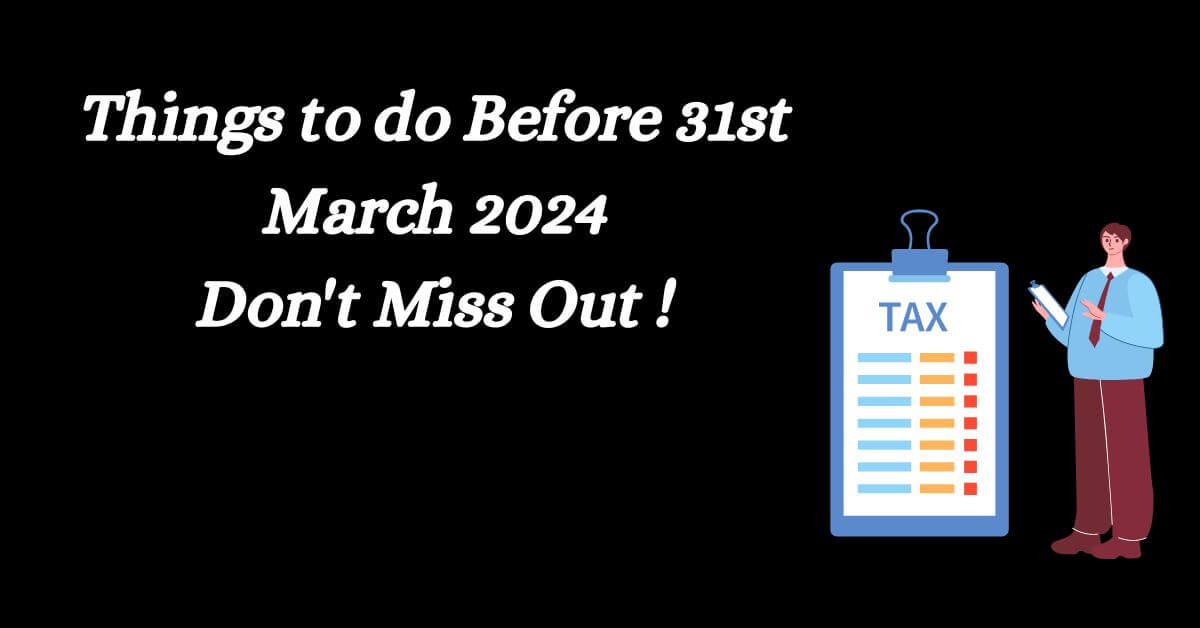1. Advance Tax Payment
If Your tax liability is more than Rs. 10,000 (after considering TDS), then you are required to pay advance tax.
Due Dates for Advance Tax (For FY 2023-24):
- The advance tax for FY 2023-24 is already due in four installments:
- 15th June 2023 (15% of estimated tax liability)
- 15th September 2023 (45% of estimated tax liability)
- 15th December 2023 (75% of estimated tax liability)
- 15th March 2024 (Remaining tax liability)
Since today is March 23rd, 2024, the deadline to pay the fourth and final installment of advance tax for FY 2023-24 has already passed. But don’t delay it further, otherwise, you have to face interest and penalty implications.
Penalties for Non-Payment of Advance Tax:
If you haven’t paid or underpaid your advance tax installments, interest will be levied on the shortfall. The interest rate is 1% per month.
Also Check: HAL Share Price Fundamental Analysis | Company with Zero Debt
Also Check: How To Select Stocks for Swing Trading Based on FII Buying Using 2 Free Tools
2. Tax-Saving Investments
Invest in tax-saving instruments under Section 80C of the Income Tax Act. This can help reduce your taxable income. Some popular options include Public Provident Fund (PPF), Equity Linked Saving Schemes (ELSS), and National Pension Scheme (NPS).
3. Tax Harvesting for Savings
Tax harvesting is a strategy you can use before the March 31st deadline to potentially reduce your tax liability for the financial year 2023-24. In tax harvesting, you must sell the shares before the end of every financial year to the extent of LTCG of Rs 1 lakh and reinvest in the same stock again. This way, the LTCG tax on your equity investment can be lowered significantly in the long term.
4. Updated Tax Filing for FY 2020 – 21 (AY 2021-22)
If you have missed return for FY 2020-21 (AY 2021-22) or inadvertently missed reporting any of their income or have previously filed Incorrect income details, then this is the chance to file your income tax return (ITR) for the financial year 2020-21 (AY 2021-22).
Gather all the necessary documents like bank statements, salary slips, investment proofs, etc.
Disclaimer: This analysis is for informational purposes only and should not be considered financial advice. Please consult with a qualified financial advisor before making any investment decisions.
